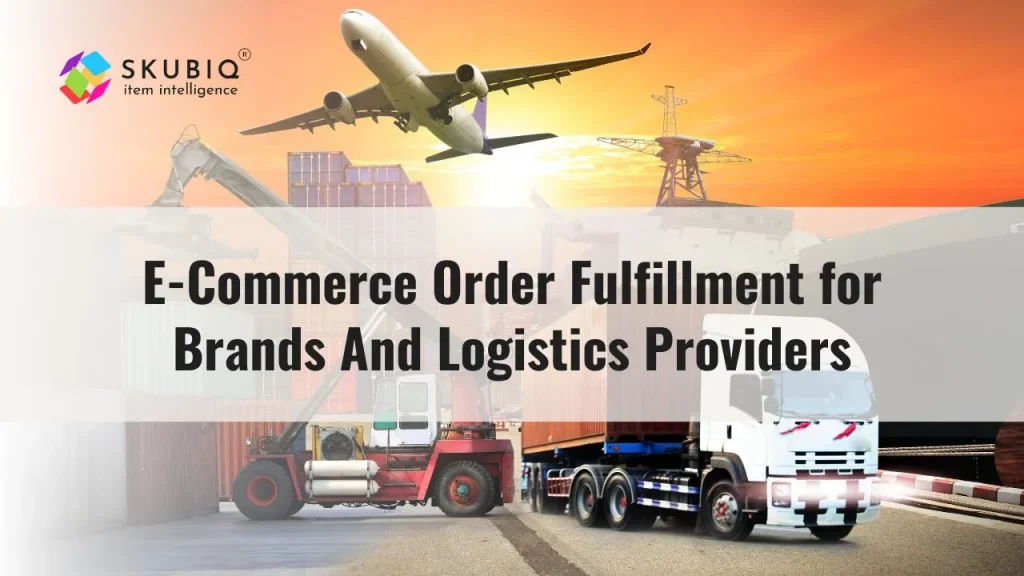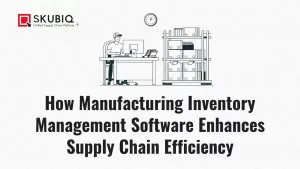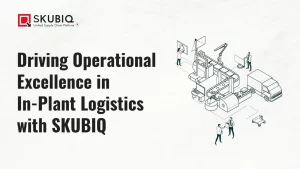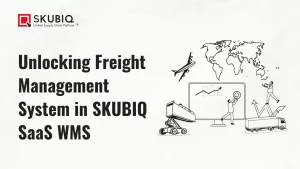In the rapidly evolving landscape of e-commerce, efficient ecommerce order fulfillment has become a crucial aspect for both brands and logistics providers. The seamless execution of order fulfillment is essential for customer satisfaction, retention, and overall business success. This comprehensive guide will delve into the intricacies of order fulfillment, address common ecommerce fulfillment challenges, explore optimal warehouse locations, discuss the benefits of partnering with a 3PL warehouse, highlight the significance of a robust order management system, and unveil effective order fulfillment strategies.
Understanding E-Commerce Order Fulfillment
1. Defining E-Commerce Order Fulfillment
Ecommerce order fulfillment refers to the entire process of receiving, processing, picking, packing, and shipping customer orders placed online. This intricate operation involves various components that collectively contribute to the timely and accurate delivery of products to end-users.
2. The Role of Order Fulfillment in Customer Satisfaction
Efficient order fulfillment is directly correlated with customer satisfaction. In the e-commerce realm, customers expect prompt and accurate deliveries. Delayed shipments or errors in order fulfillment can result in negative reviews, diminished trust, and ultimately, customer attrition. Brands and logistics providers must prioritize streamlining their order fulfillment processes to ensure a positive customer experience.
Challenges in Ecommerce Fulfillment
1. Identifying Ecommerce Fulfillment Challenges
Despite its importance, ecommerce order fulfillment is rife with challenges that brands and logistics providers must overcome. Some common hurdles include inventory management issues, order processing delays, inaccurate picking and packing, and the need for real-time visibility throughout the fulfillment process.
2. Strategies to Overcome Ecommerce Fulfillment Challenges
To address these challenges, it is imperative to implement strategic solutions. Leveraging advanced technologies such as automation, adopting efficient inventory management systems, and optimizing warehouse layouts can significantly enhance the ecommerce fulfillment process. Additionally, investing in employee training to minimize errors and improve overall efficiency is crucial.
Optimal Warehouse Locations
1. Importance of Strategic Warehouse Locations
Selecting the right warehouse locations is a critical decision that directly influences the speed and cost-effectiveness of order fulfillment. Proximity to major markets, transportation hubs, and the target customer base should be key considerations when establishing or expanding warehouse facilities.
2. Evaluating Warehouse Locations for E-Commerce
Brands and logistics providers must conduct thorough assessments of potential warehouse locations. Factors such as shipping costs, delivery times, and the ability to scale operations should be meticulously analyzed. Utilizing data analytics and market research can aid in identifying the most strategic locations for warehouses.
The Role of 3PL Warehouses
1. Leveraging 3PL Warehouses for E-Commerce Success
For many businesses, partnering with a 3PL warehouse is a strategic move that can optimize order fulfillment processes. 3PL warehouses offer expertise, infrastructure, and scalability, allowing brands to focus on core competencies while leaving logistics operations to the professionals.
2. Key Considerations in Choosing a 3PL Warehouse
When selecting a 3PL warehouse, it’s essential to consider factors such as their track record, technological capabilities, flexibility, and ability to align with the specific needs of the business. Seamless communication and integration between the brand and the 3PL warehouse are crucial for a successful partnership.
Implementing an Effective Order Management System
1. The Significance of a Robust Order Management System
An efficient order management system (OMS) is the backbone of successful ecommerce order fulfillment. This technology enables seamless coordination between various stages of the order fulfillment process, from order placement to shipping and delivery.
2. Features of an Effective Order Management System
A comprehensive order management system should encompass features such as real-time inventory tracking, order processing automation, and integration with other business systems. This integration ensures a cohesive and streamlined flow of information across the entire supply chain.
Proven Order Fulfillment Strategies
1. Tailoring Order Fulfillment Strategies to Business Needs
There is no one-size-fits-all approach to order fulfillment. Brands and logistics providers must tailor their strategies based on the nature of their products, target audience, and business goals. Some proven strategies include implementing multi-channel fulfillment, utilizing data analytics for demand forecasting, and continuously optimizing processes based on performance metrics.
2. Embracing Technological Advancements in Order Fulfillment
Staying ahead in the competitive e-commerce landscape requires embracing technological advancements. Automation, artificial intelligence, and machine learning can enhance the speed and accuracy of ecommerce order fulfillment. These technologies not only improve efficiency but also contribute to cost savings in the long run.
Conclusion
In conclusion, mastering ecommerce order fulfillment is paramount for the success of brands and logistics providers in the digital era. By understanding the challenges, strategically selecting optimal warehouse locations, leveraging 3PL warehouses, implementing a robust order management system, and adopting effective order fulfillment strategies, businesses can create a seamless and customer-centric fulfillment process. As technology continues to evolve, staying adaptable and embracing innovation will be key to maintaining a competitive edge in the dynamic world of e-commerce.



